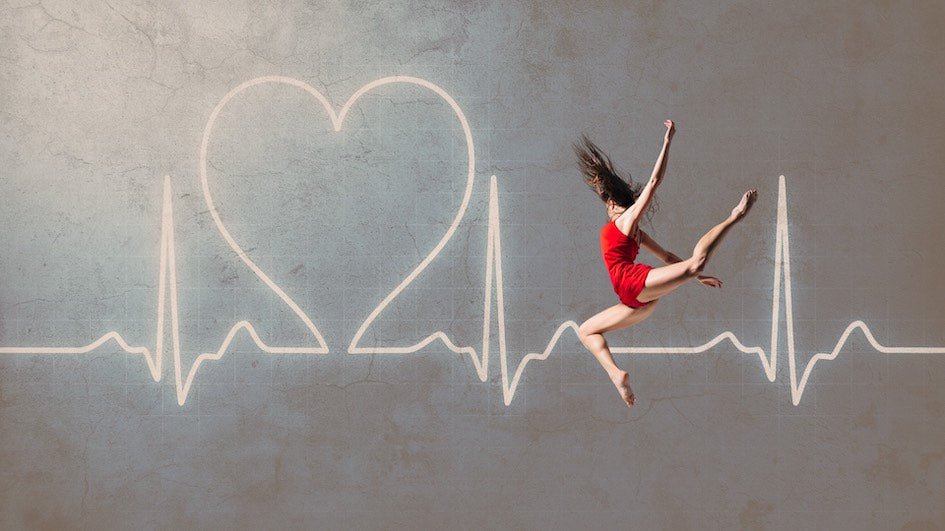
HOW HEART RATE VARIABILITY CAN BOOST TRAINING PERFORMANCE
Heart rate variability matters!
HRV is emerging as one of the most important factors for your performance and health. By understanding how it works we will help you use it to boost your performances and improve your overall health.
HEART RATE VARIABILITY: WHAT IS HRV?
You don't just have one constant, perfect pace to your heartbeat. Heart Rate Variability (or HRV) is the amount of time between each heartbeat and the variation in those lengths.
People with more HRV have a greater variety between their heartbeats. Their heart has a wider range of healthy beat durations. HRV is usually a medical term because it's a predictor for serious cardiac events—the most common killer. Doctors use it to see how healthy you are: better HRV = safer heart.
However, heart rate variability also matters for exercise and performance. It's key to your cardiovascular fitness—which is the foundation for performance and recovery alike.
WHY DOES IT MATTER?
HRV describes how your heart works and what it can manages comfortably. It's also the link between the physical and psychological aspects of stress. HRV and control over our moods are closely linked; emotions like sadness, panic and nervousness affect the heart. HRV acts as the buffer between the outside world and our physical and mental health!
HOW HRV IMPROVE TRAINING PERFORMANCE?
Cardiovascular Health
Having a healthier heart protects you from heart conditions. However, it's also at the base of how you train and how you recover. The heart is the organ that pushes nutrients around the rest of your body to support your muscles and tendons.
When you're working hard in training, better HRV allows you to adapt to different exercise intensities. It allows you to 'change gears' comfortably and without exhaustion. HRV underlies your versatility and your intensity. Keeping your heart healthy and fit means you can maintain performance longer without tiring. HRV predicts when tiredness will affect performance in elite athletes: in a study including 5 Olympians, HRV directly predicted recovery status and heart health.
Stress and anxiety during performance (cardiac-autonomic function)
HRV interacts closely with stress and anxiety, especially during exercise and intense performance. There is anxiety involved in a lot of what we do: Can I do this? What if it goes wrong? It feels like a big challenge.
We've all experienced the psychological and physical feelings of nervousness or panic. For performers, it can be a serious challenge to overcome. Better HRV softens the physical and psychological effects of stress. It makes you better at dealing with stress and protects you from its worst effects. It also helps prevent stress-spiralling: when your heart starts racing, it makes you panic, intensifying the racing heart. HRV matters then; it eases the panic response and keep your head on straight.
Psychological performance
Nobody talks about it, but good heart rate variability keeps you calm and focused under fatigue. When we have worked hard and are exhausted, better HRV allows us to continue performing our best psychologically. This is important for physical art, dance and gymnastics where athletes/artists need to stay conscious and in control of themselves after hard work.
Being able to maintain your awareness of what you're doing is crucial to excellent performance. You need to keep the mental picture of what you're trying to execute—and the clarity to do it. Maintaining good HRV helps you adapt to performance pressure—both physically and mentally—to perform at your best.
Recovery
HRV is one way of improving the long-term, chronic changes to how you recover. It's an investment you make with proper lifestyle to reach higher levels of performance. It's how the world's best athletes are able to deal with enhanced demand more effectively than anyone else!
Heart rate variability matters after exercise, when you need to lower your heart rate. A moment that starts the growth and recovery state, preventing breakdown due to exercise stress. You are in high gear when you're training or performing. Your body is working hard, and your heart rate is up. However, recovery and the processes of growth and repair happen when you're ‘low’. When your heart rate comes down, you de-stress, and the adrenaline levels lower. At that very moment, HRV is essential to define how quickly you make this shift and start recovering. Better HRV improves the ability to shift towards the 'recovery' (Parasympathetic) nervous system and begin your body's recovery processes.
Psychological recovery is also related to this change of systems. There again, you shift from the sympathetic to the parasympathetic nervous system— a ‘stress’ to ‘relaxation’ shift. It's important for your mental resources and to prevent fatigue and improve other factors like sleep latency, quantity and quality. People with better HRV can resist psychological stress, shift into the relaxation mindset and get better results from it. HRV and heart rate are partly to blame—as stress and heart rate are closely related and your control over the two is related.
Both physically and mentally, the benefits of HRV come from changing gears. The shift from hype and performance to relaxation and recovery is key. It also helps you maintain a lower, restful, restorative heart rate during everyday life and in response to stressors.
HOW TO IMPROVE YOUR HRV?
Training will improve your heart rate variability by itself. A broad and rich exercise experience combining different types of strength and fitness will be crucial for better heart rate variability.
Exercise variability improves heart rate variability: get your heart ready for many things by doing many things!
- Sleep: good sleep improves HRV and has its own restorative, protective effects. Get 8-9 hours of sleep in a dark, quiet, cool room for the best results.
- Exercise: all kinds of exercise help HRV. Focus on regularity and variety—different types of exercise have different effects.
- Active relaxation: spend time deliberately relaxing. Presence in the moment and mindfulness practice have been shown to improve HRV. Try to find time at least once a day.
- Diet: a good diet reduces excess blood pressure, improves recovery and even improves your heart rate variability. Specifically, a wide variety of whole plant foods should be your priority.
- Environment control: you can't be healthy in a bad environment. Build a space and social situation that is good for you and spend time in it. Avoid unnecessary stress and unwanted interaction.
- Nature: recent studies showed us that walking in nature has potent recovery and HRV benefits, improves mood, and it's where you evolved to be. Being where you belong is powerful!
FINAL THOUGHTS
There are dozens or hundreds of ways that HRV affects our training. We could expose all kinds of other layers to it, for example, how it affects the blood vessels or muscular 'pumps' and dive deeper into its role with the parasympathetic system.
Today's focus has been the 'big picture' of HRV and how it affects your body—both for performance and wellbeing. The goal is to be healthy, to find joy in the movements you love and to make the best mental health benefit of your lifestyle and habits.
Use HRV to improve your performance, your response to training and your long-term health and development. Prioritise these simple lifestyle factors and you'll find your mood, health and performance improve together!
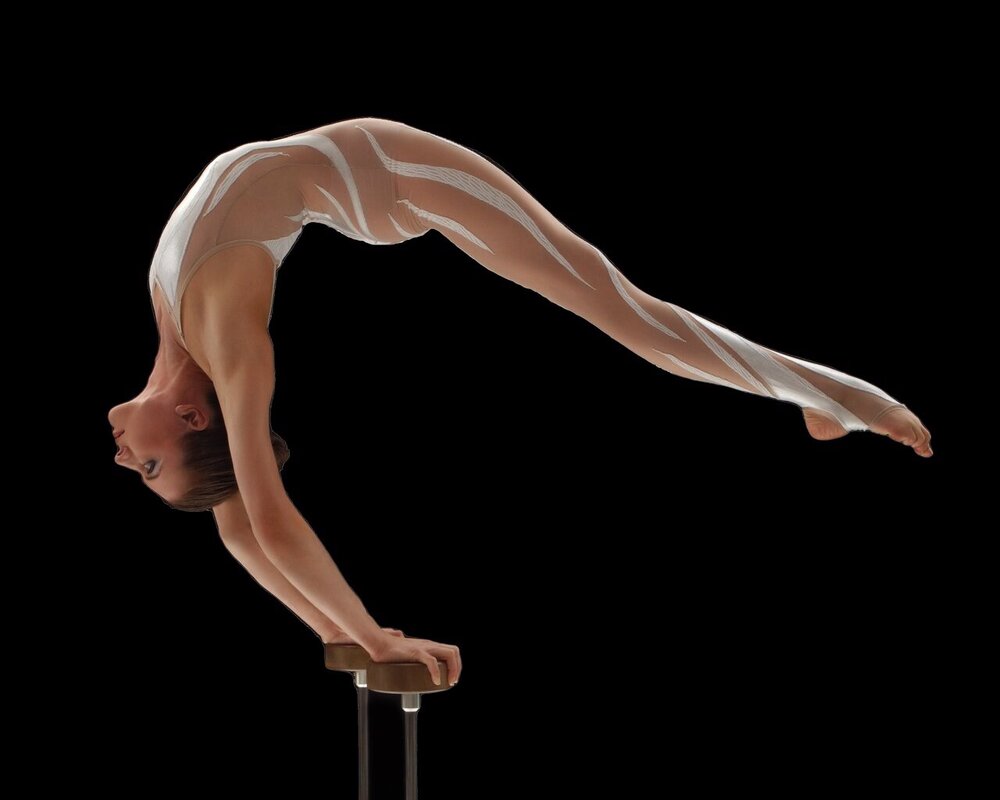

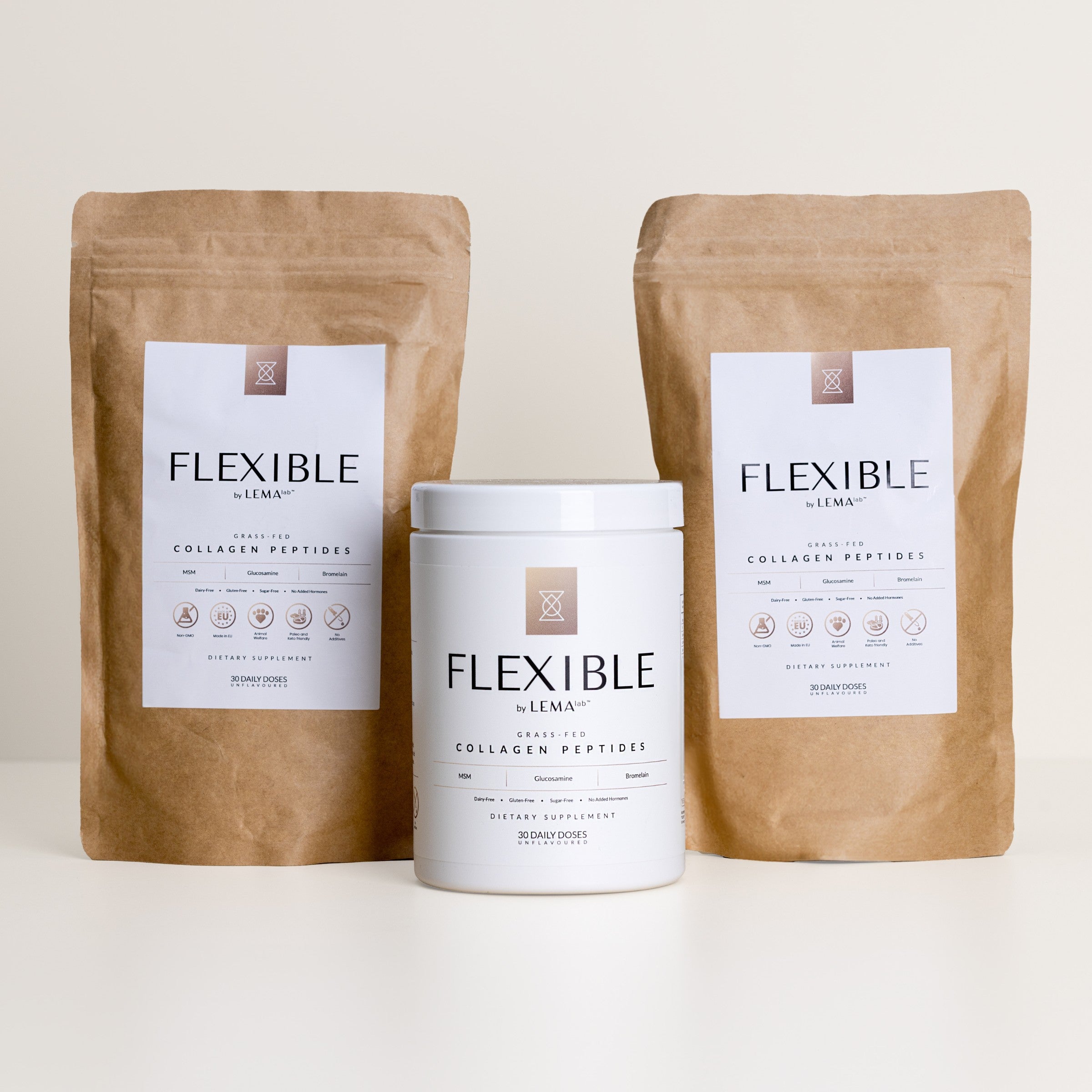
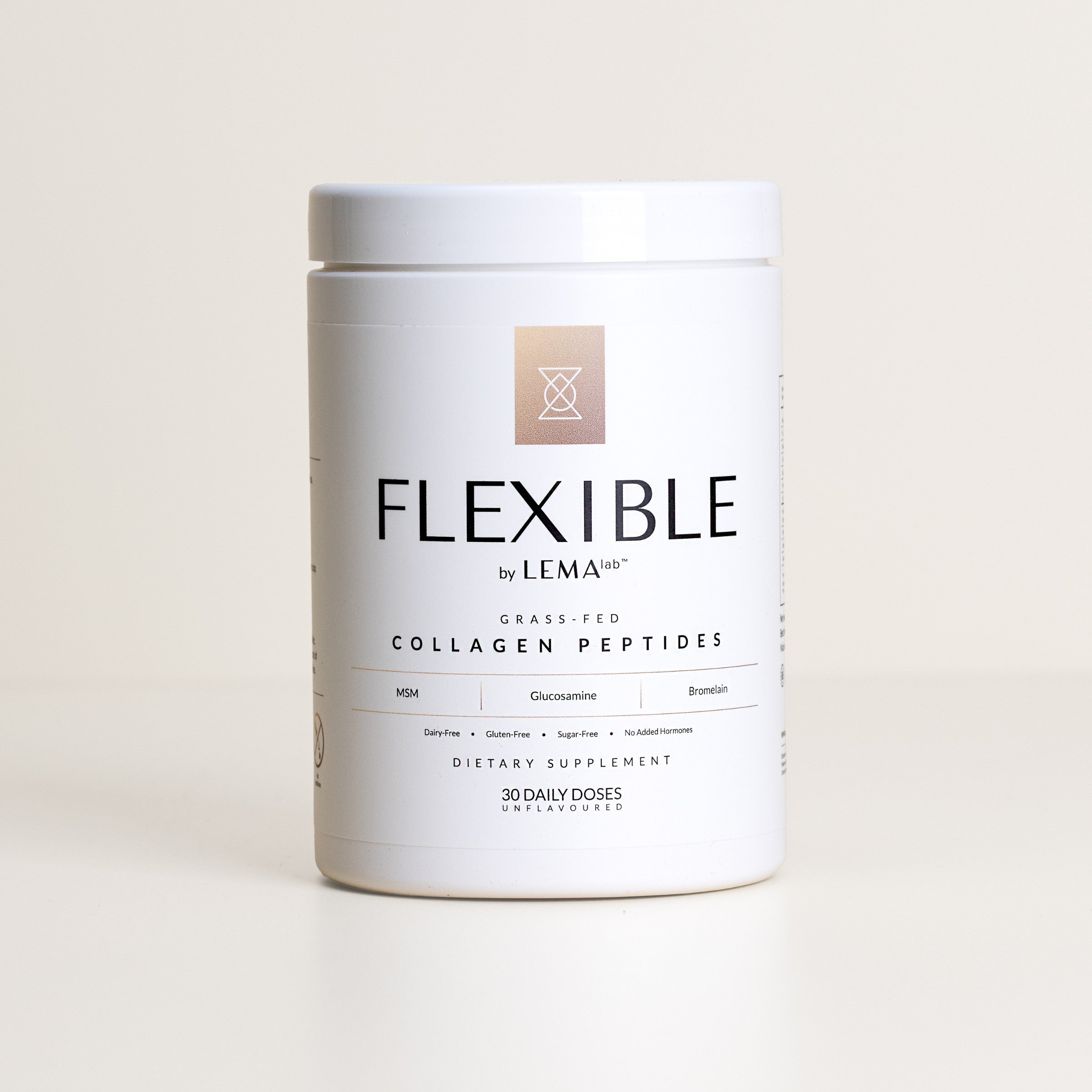
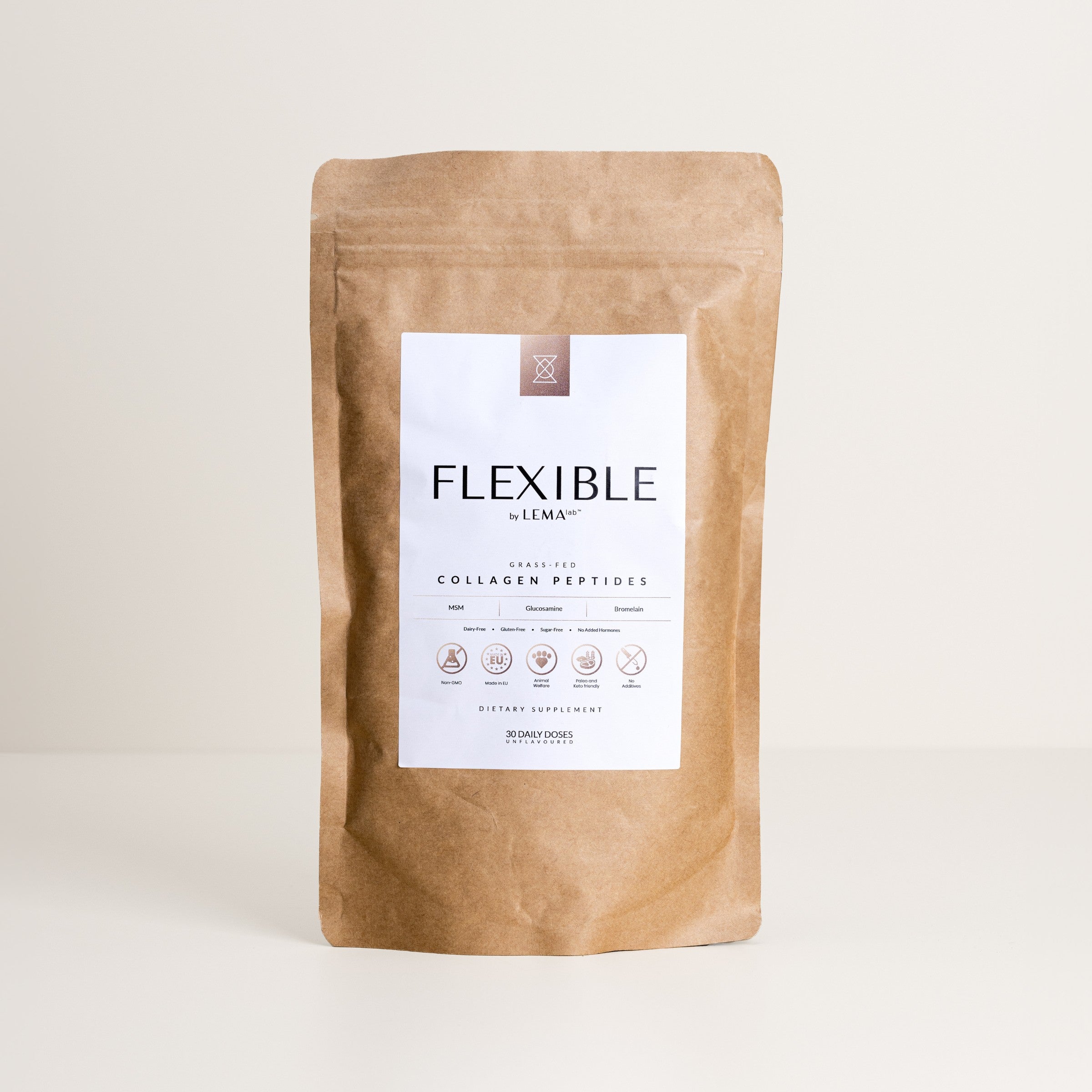
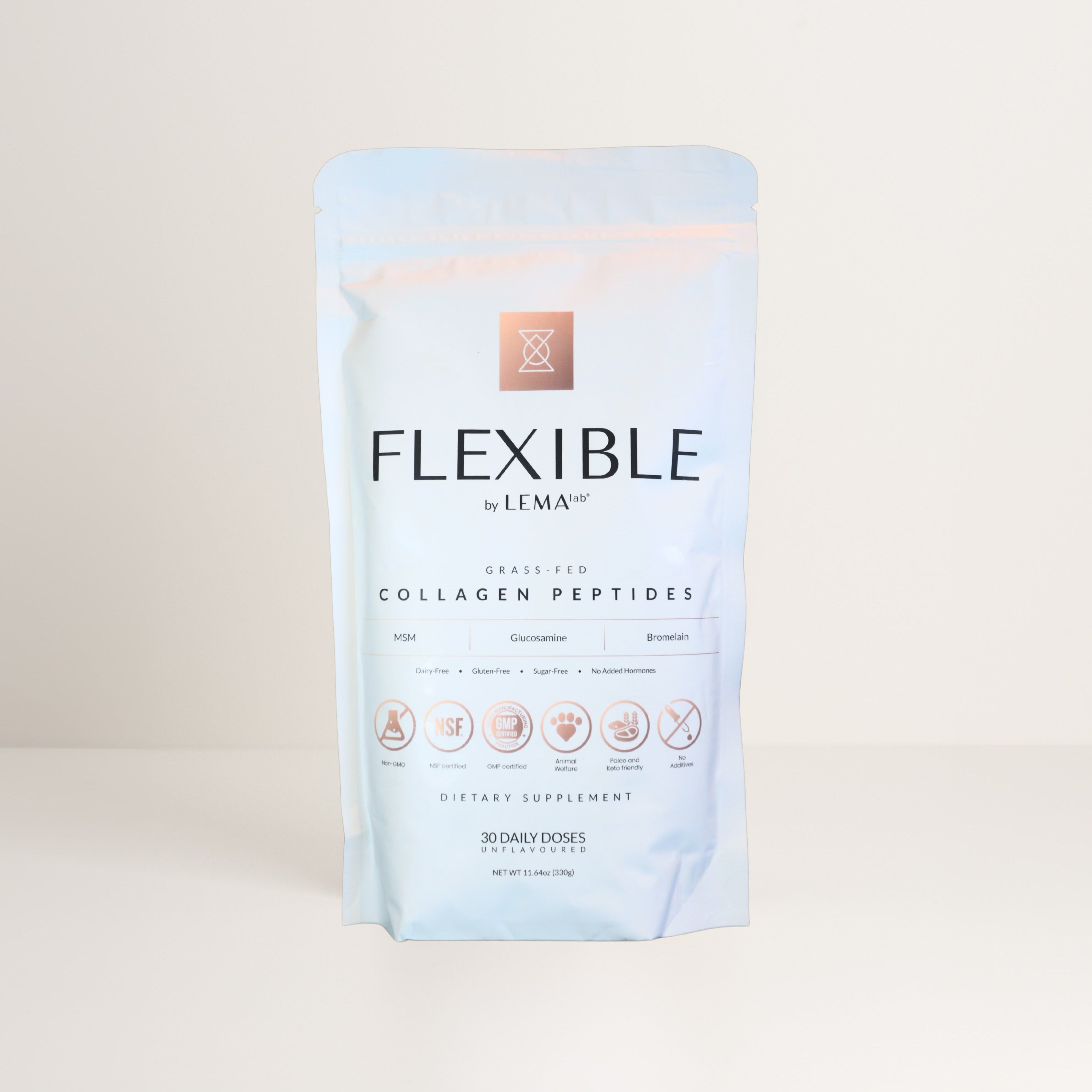

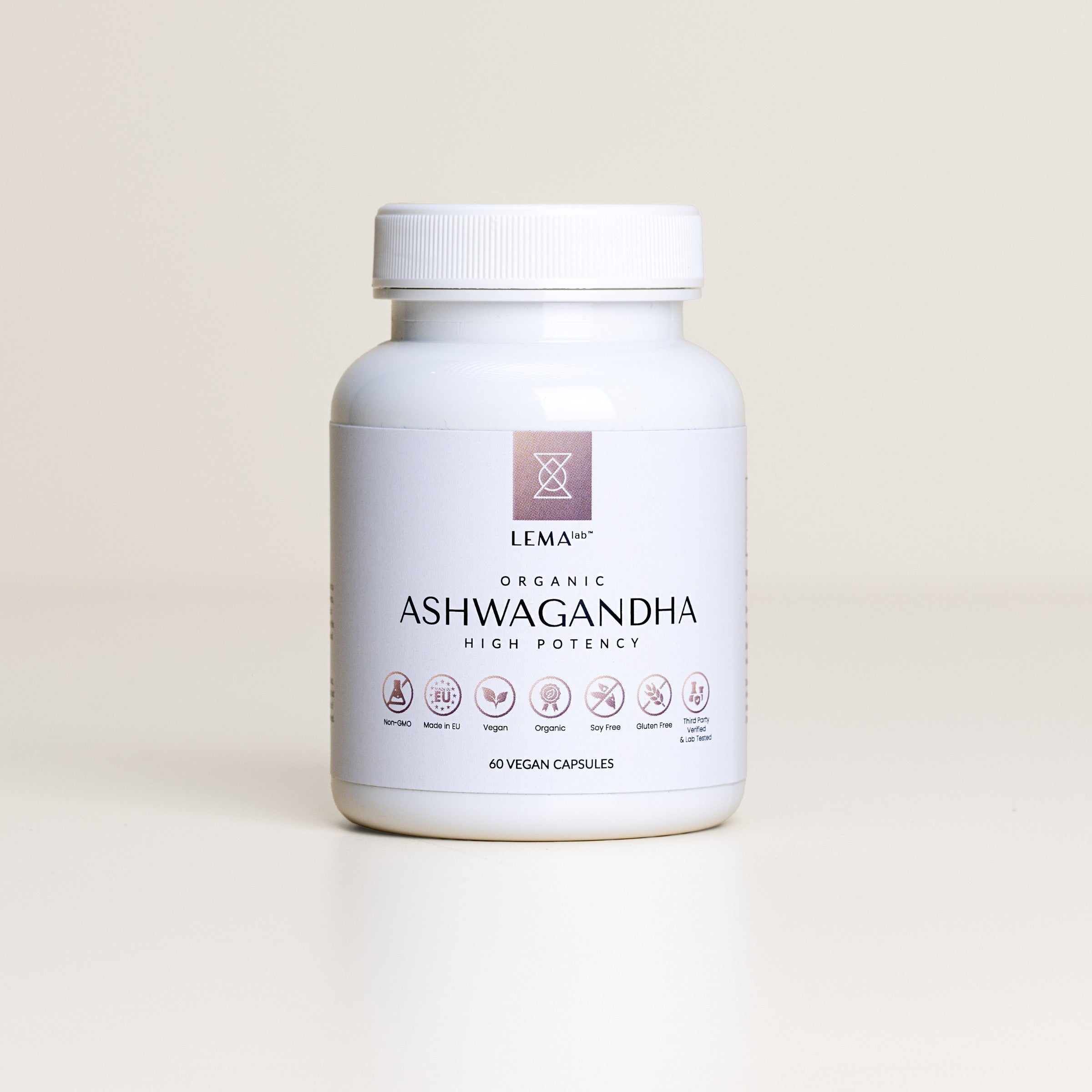

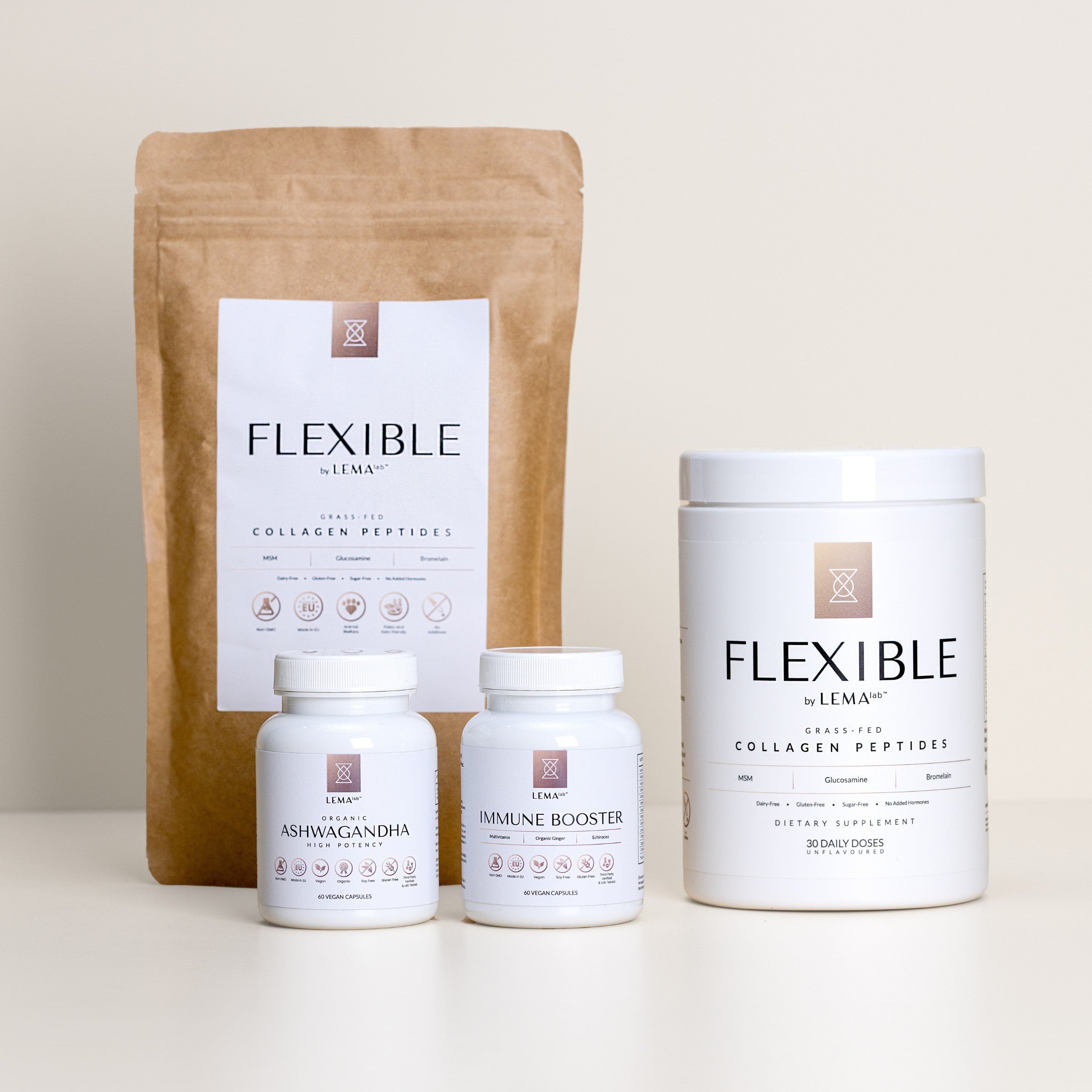

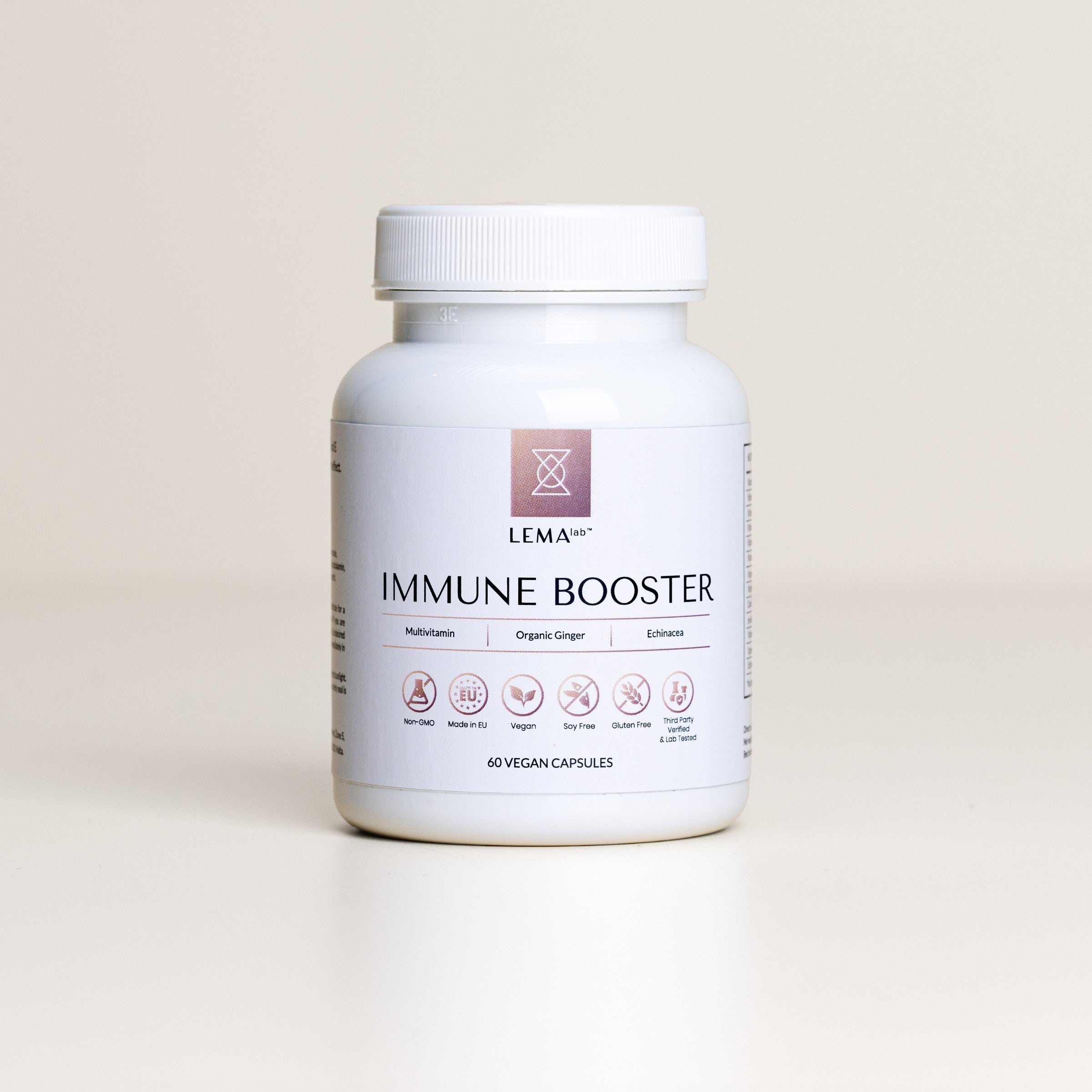

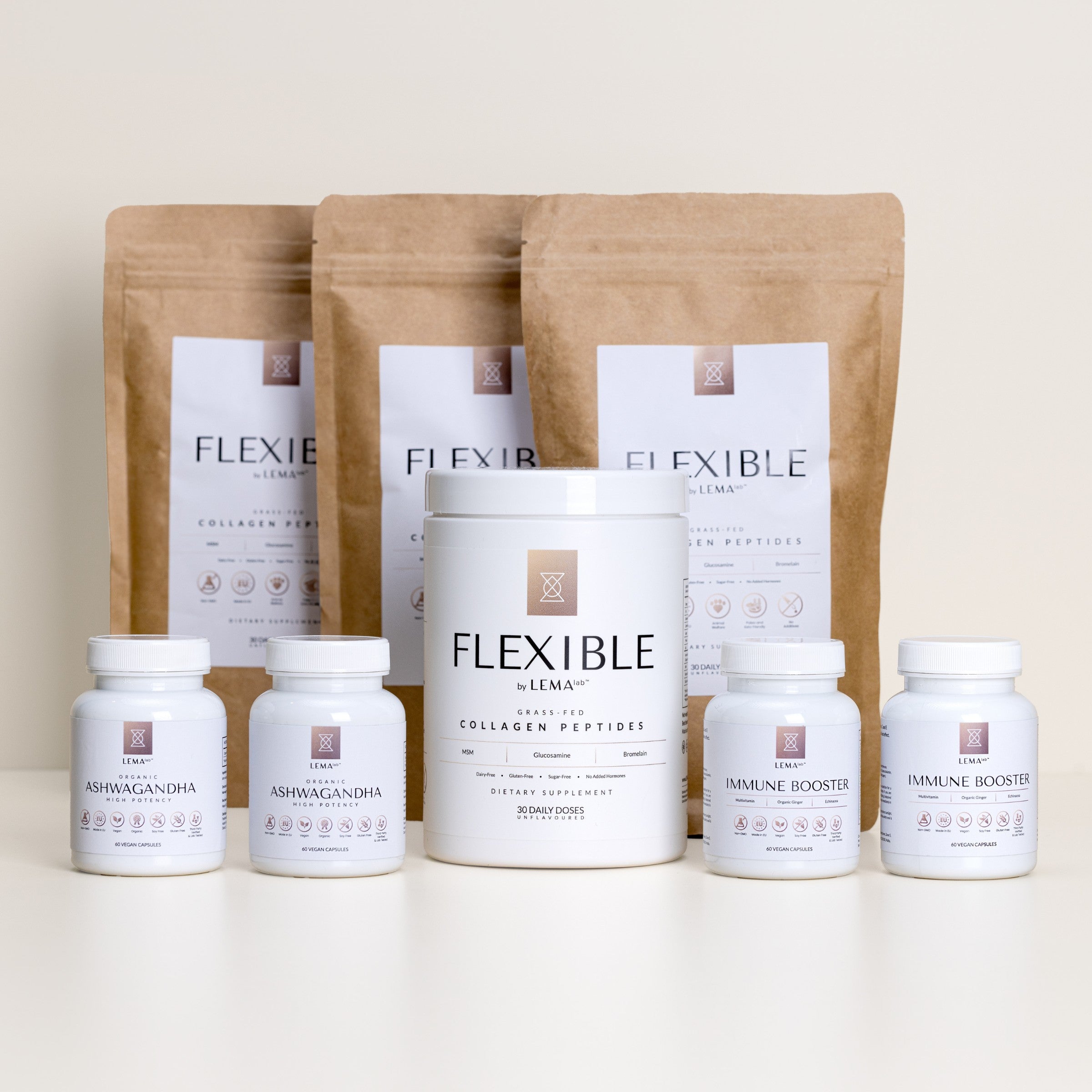
Leave a comment
This site is protected by hCaptcha and the hCaptcha Privacy Policy and Terms of Service apply.